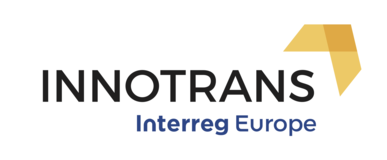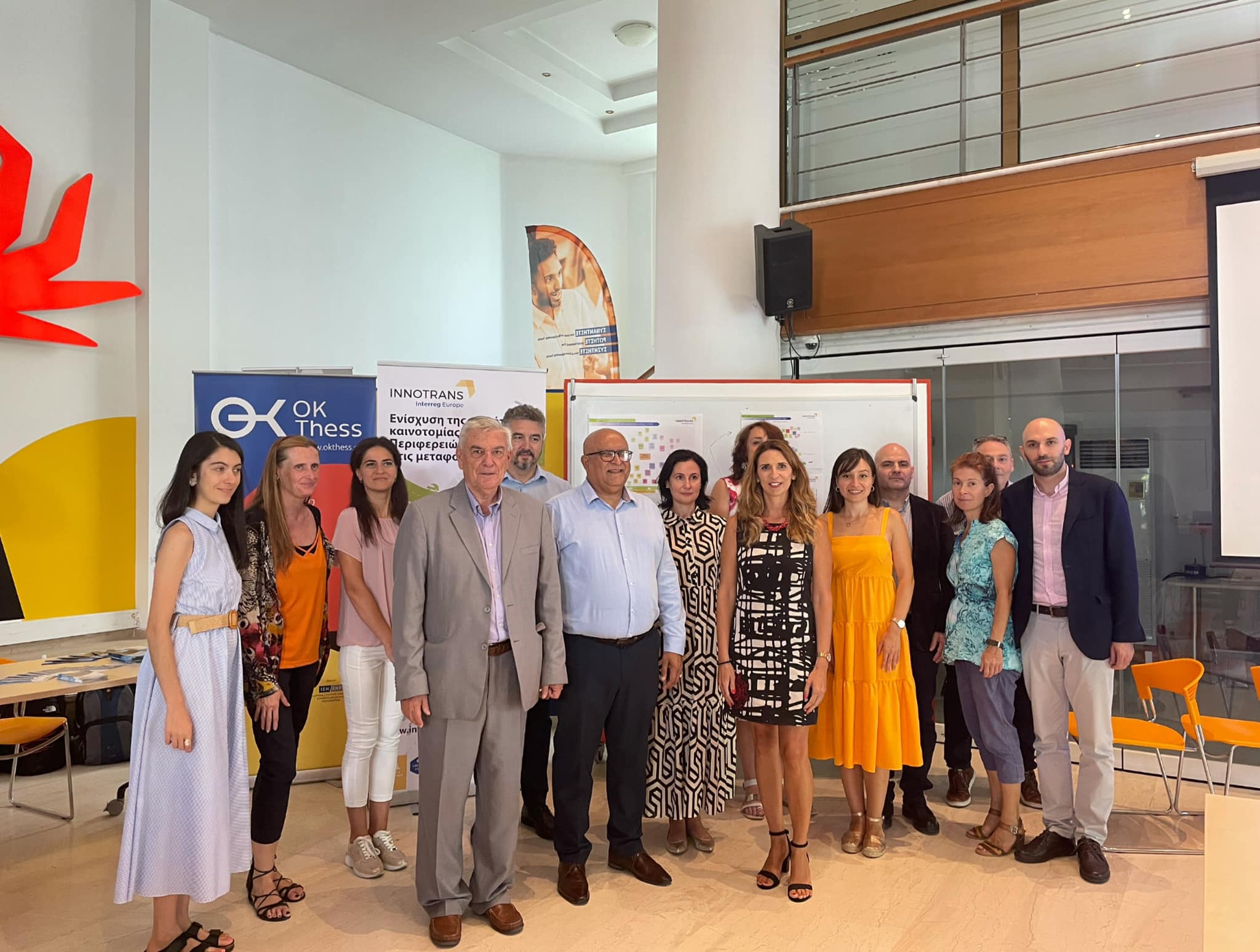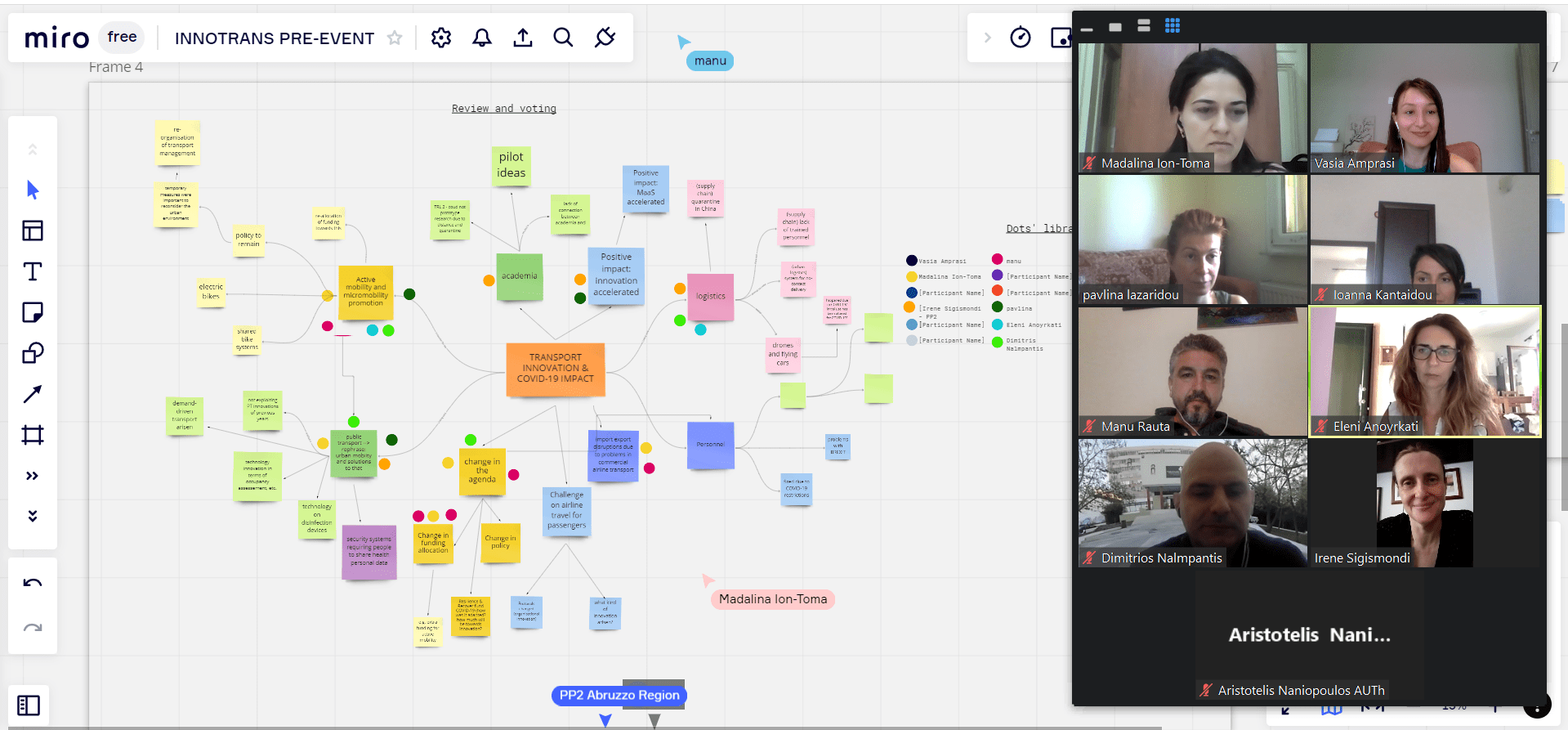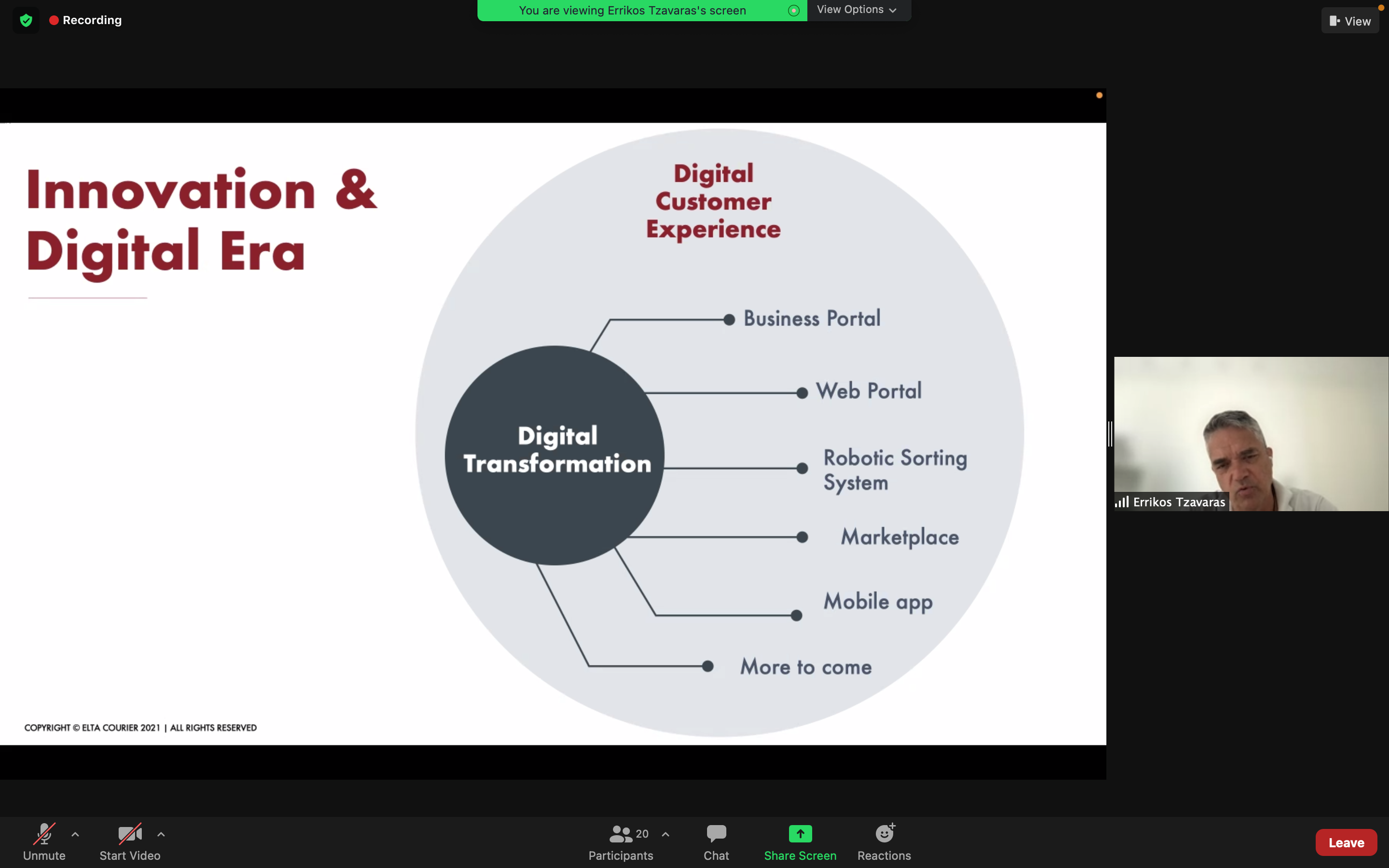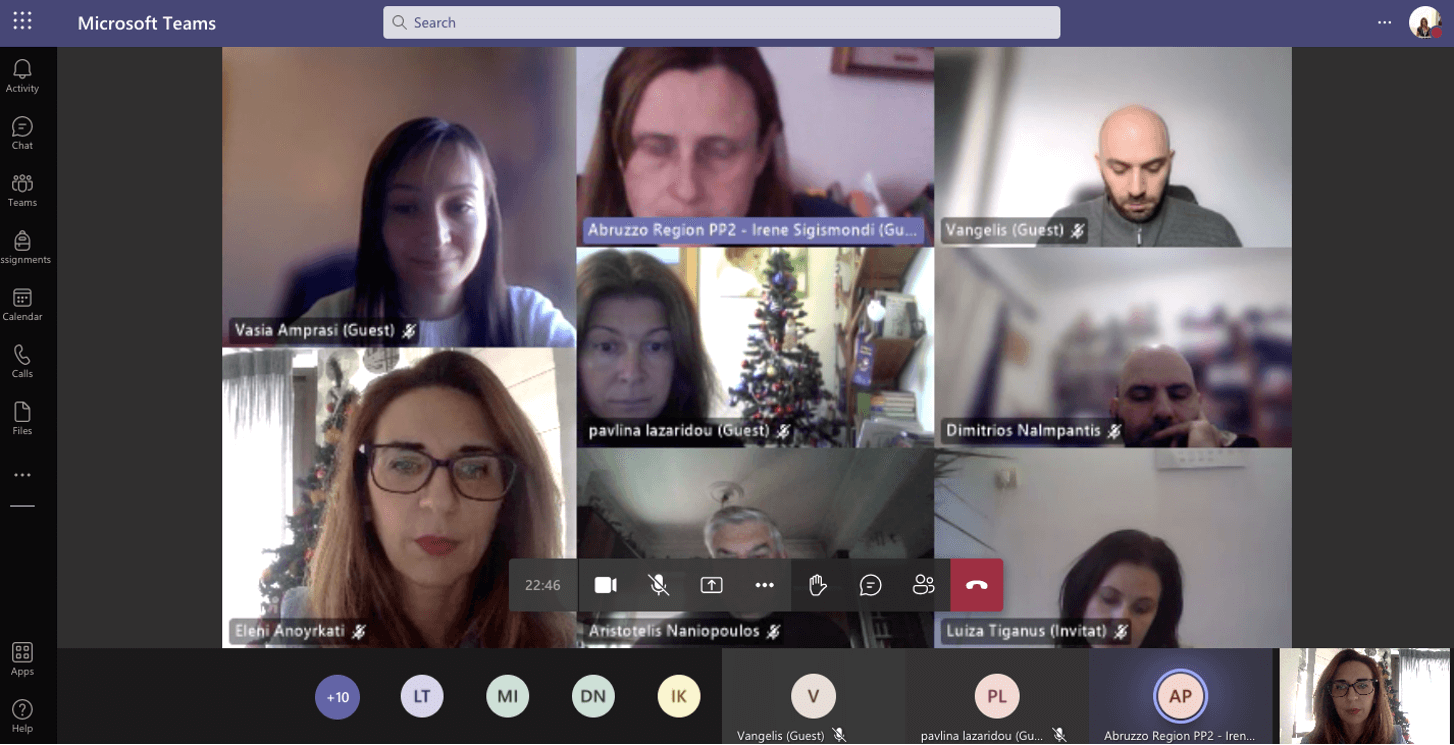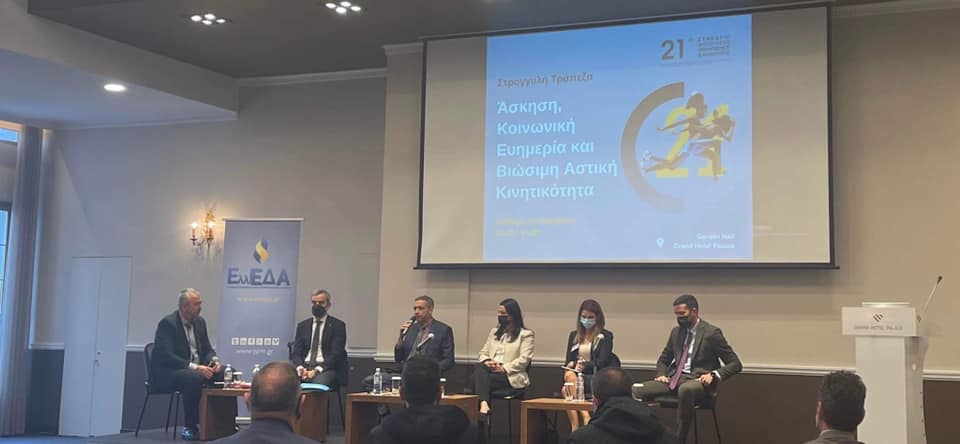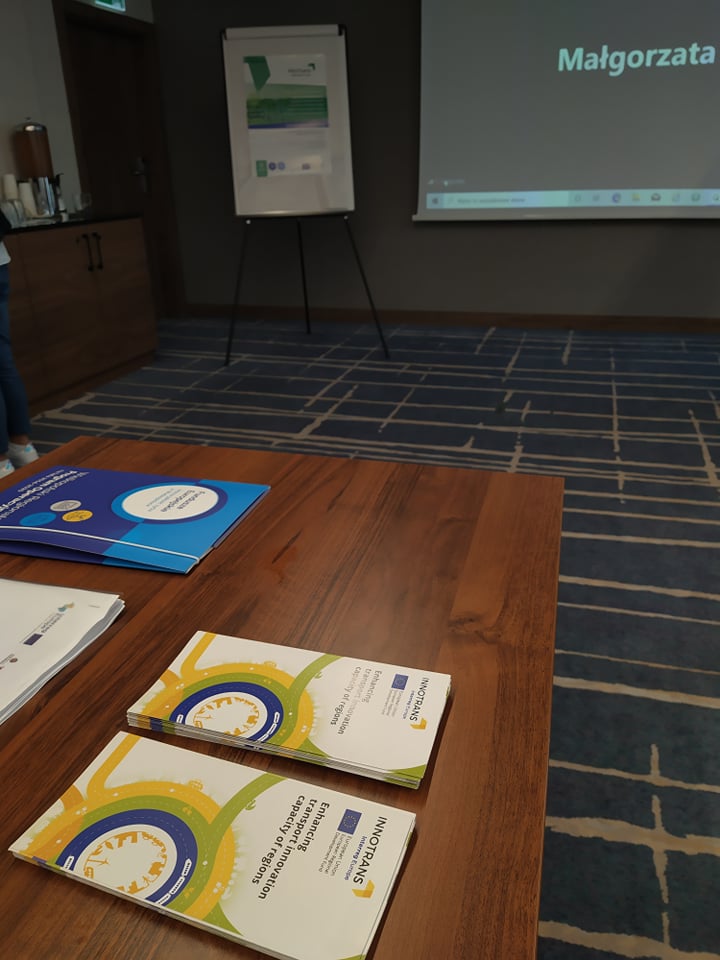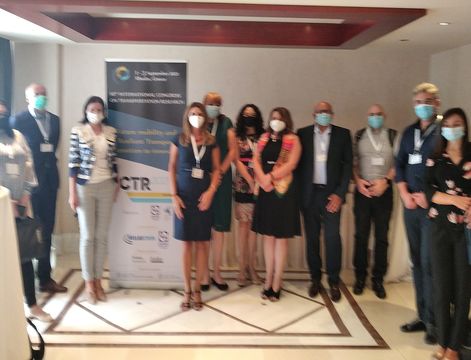Action Plans, which derived from the INNOTRANS project, suggest schemes for the support of transport innovation. This article is focussed on the Coventry Action Plan, written by Tess Lukehurst from the lead partner, Coventry University Enterprises Ltd.
The INNOTRANS project has looked at transport innovation in five different countries. Each has a unique situation, transport and innovation environment but each also faces some of the same transport challenges: congestion, pollution, safety and the need to facilitate the movement of increasing numbers of people for increasing distances whilst producing lower emissions on an aging infrastructure.
From the work carried out on this project we have identified a number of key themes in effective transport innovation. In addition it is clear that, as digital technologies advance, there is an opportunity to make significant and innovative changes to transport modes and systems. At present there are problems in a number of areas which are limiting the rate of innovation:
• Co-operation – we are in a broad phase of innovation, no single company can be fully conversant with all the aspects of opportunity, so co-operation is essential to widen the idea pool.
• Data access and usage – There is considerable data available in our transport system, however it is not always easy to access, to define the data needed or to filter it.
• Access to finance – much of local transport budgets are directed to maintaining infrastructure. Regions should allocate funds to innovation or face the additional costs of trying to catch up with the changes later.
• Priorities: Transport funding and plans are directed at keeping the current infrastructure running and there are limited resources for innovation which does demonstrate an immediate benefit to the population.
As a result, here in Coventry we are working on two actions designed to highlight the opportunity that transport innovation offers the region. Although neither has yet been finalised we are able to report that there is strong interest in both from the managing authority.
Action 1
Integration of transport innovation support in existing ERDF SMEs support programmes
We are in discussions with the following ERDF regional programmes to propose support to increase opportunities for SMEs with innovations and opportunities in transport related fields:
• Coventry & Warwickshire Innovation Test Beds
• Coventry & Warwickshire Green Business
• Coventry & Warwickshire Business Support
Findings of INNOTRANS project will be used to further shape services being delivered through these projects that would not have included this angle otherwise. INNOTRANS has highlighted the lack of support available for innovation in transport and the size of the current opportunity to create disruptive and innovative opportunities.
It is intended that they will be offering to the SMEs:
• Workshops specifically focusing on developing contacts and products in transport related markets, in addition to the other more general workshops that were planned for the project.
• The work of the Green Clusters in Green Business will connect SMEs with researchers in the Institute for Future Transport and Cities, the largest academic research centre in transport in the UK.
• Access to revenue grants, particularly through CW Innovation Test Bed to test and launch new products that could bring innovation to transport fields (including securing of any IP rights).
Action 2
Create a network of transport-oriented innovators in the region
The Action will encourage cooperation between companies to bid for grants to innovate in transport management. To set up a functioning network it is proposed to run a Transport Innovation Network project. The network will bring together players in the region to address the problems the region faces in terms of Congestion, Carbon Emissions and Public Transport. From the network it is expected to put together consortia who will bid for funding for innovative projects to develop innovative solutions to local problems.
Network activities:
1. Identification of key needs in regional infrastructures
2. Identification of funding sources and opportunities
3. Creation of collaborative groups to investigate potential solutions
4. Developing future structures to provide a lasting legacy.
We hope to be able to bring both actins close to starting early in 2020.
By Tess Lukehurst, Coventry University Enterprises Ltd.
